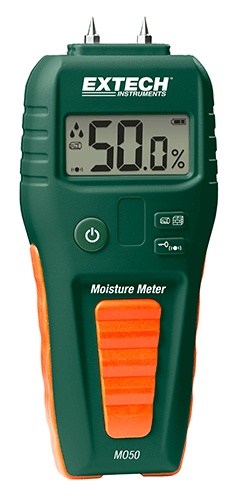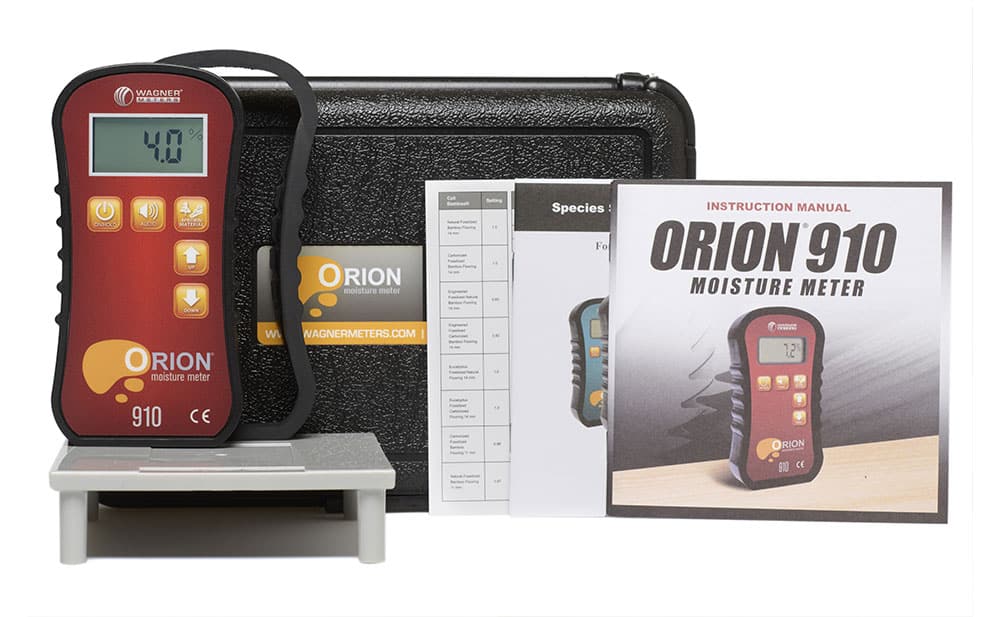The Ultimate Overview to Moisture Meters: A Comprehensive Overview and How They Can Save You Money
In the realm of building maintenance, building and construction, and different industries, the value of precisely determining dampness levels can not be overstated. Dampness meters work as important devices in spotting and keeping track of moisture web content in products, assisting in protecting against costly damages and guaranteeing the quality of products. Comprehending the nuances of different kinds of moisture meters, their applications, and the prospective cost-saving advantages they supply can be a game-changer for professionals and services alike. Discovering just how these devices can not just streamline procedures but likewise add to economic cost savings is a trip worth starting.
Kinds Of Dampness Meters
One common type is the pin-type wetness meter, which determines the electric resistance in between 2 pins put right into a product. Pinless dampness meters, on the various other hand, use electromagnetic sensing unit plates to check a bigger area without causing damages to the material's surface.

Infrared dampness meters measure the thermal buildings of a material to establish its wetness content non-invasively, making them valuable for applications where pin or pinless meters may not be ideal. Comprehending the various types of dampness meters offered can help markets pick the most suitable device for their particular dampness measurement demands.

Advantages of Utilizing Moisture Meters
Dampness meters use invaluable advantages in properly analyzing and monitoring dampness degrees in diverse materials and atmospheres. One of the primary benefits of making use of dampness meters is the avoidance of possible damages created by excess dampness.
In addition, using dampness meters can lead to raised energy efficiency. In farming settings, moisture meters play a vital function in optimizing crop yields by making it possible for farmers to check soil moisture degrees and make notified irrigation decisions.
Just How to Select the Right Moisture Meter
When picking a dampness meter, it's important to make certain that the meter is suitable for the specific material you will be testing. Different materials have varying electrical homes that can impact dampness analyses, so choosing a meter made for your product is critical for precise results. By carefully evaluating these variables, you can select a wetness meter that satisfies your needs and provides exact wetness measurements for your projects.
Proper Strategies for Wetness Meter Usage

Cost Cost Savings With Dampness Meter Applications
How can the calculated use of dampness meters lead to significant price financial savings throughout numerous industries? Moisture meters play a crucial role in cost savings by preventing potential damage and ensuring quality assurance in different fields. In the farming market, moisture meters help in figuring out the ideal time for harvesting plants, stopping over-drying or excess moisture that can influence the final item's quality. This precise surveillance aids farmers stay clear of unnecessary losses and optimize their yield.
Likewise, in construction, dampness meters assist prevent expensive damages by detecting dampness levels in building materials, such as timber or concrete, which can result in architectural problems otherwise dealt with promptly. By recognizing problem locations at an early stage, professionals can take corrective procedures to prevent comprehensive fixings or replacements, ultimately conserving money and time.
In addition, in the food processing industry, wetness meters are necessary for keeping track of product top quality and making certain conformity with safety and security policies. By accurately gauging wetness web content in food items, producers can prevent perishing, go to website maintain freshness, and lower waste, causing significant expense financial savings. In general, the tactical application of moisture meters is a beneficial investment that can cause considerable cost reductions and enhanced efficiency throughout various sectors.
Verdict
Finally, wetness meters are valuable tools for spotting and gauging wetness degrees in different products. By making use of the ideal moisture meter and complying with correct strategies, users can successfully protect against costly damages triggered by excess wetness. Purchasing a top quality moisture meter can lead to substantial price financial savings over time by recognizing potential problems at an early stage and allowing timely remediation. Ultimately, moisture meters are necessary tools for preserving the integrity and durability of products and frameworks.
Wetness meters offer as essential devices in discovering and monitoring moisture web content in materials, aiding in stopping costly damages and making sure the high quality of items. Infrared moisture meters gauge the thermal residential properties of a material to determine its moisture web content non-invasively, making them useful for applications where pin or pinless meters may not be ideal.Wetness meters offer very useful benefits in accurately examining and checking dampness levels in diverse materials and atmospheres. In agricultural settings, moisture meters play an essential duty in optimizing plant returns by enabling farmers to check soil wetness degrees and make notified irrigation choices.In verdict, moisture meters are beneficial devices for finding and measuring wetness levels in various products.